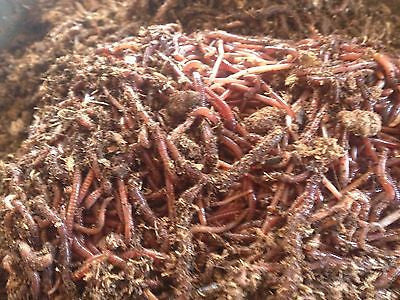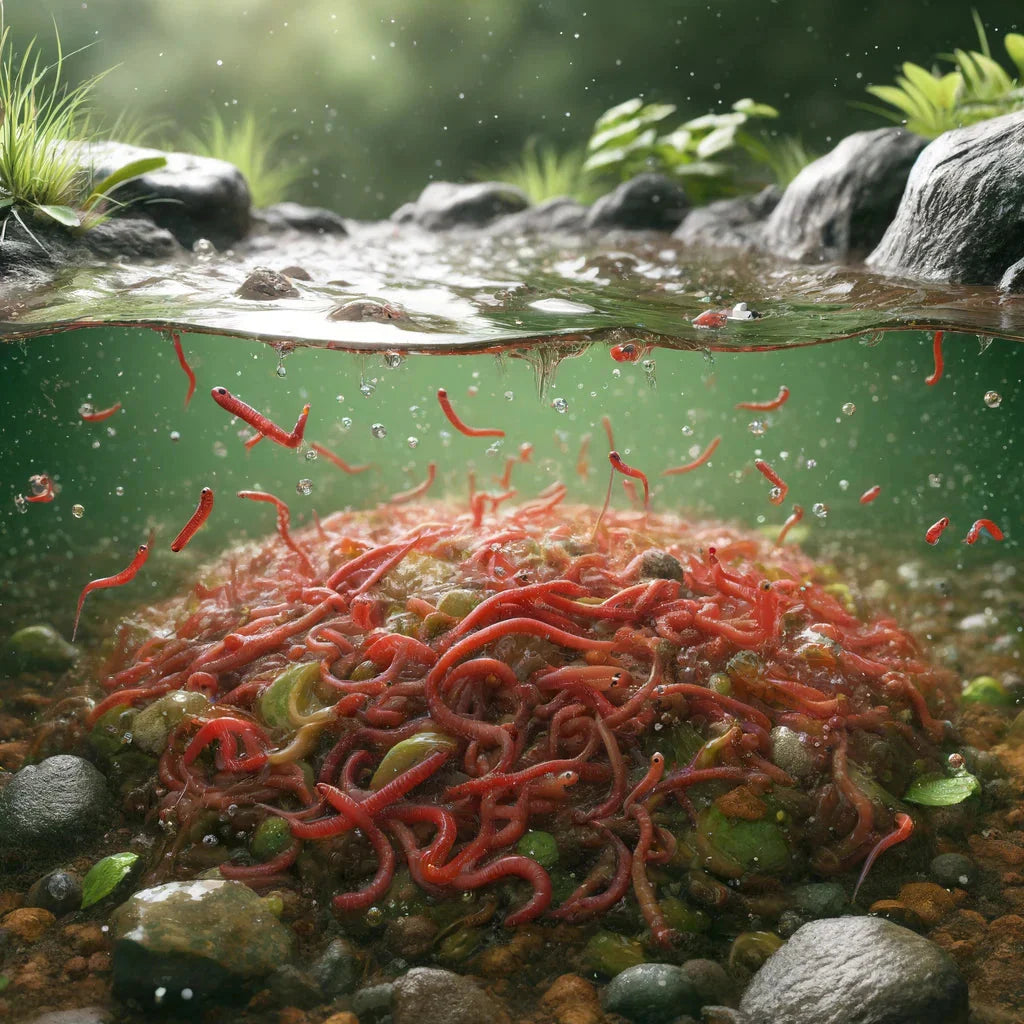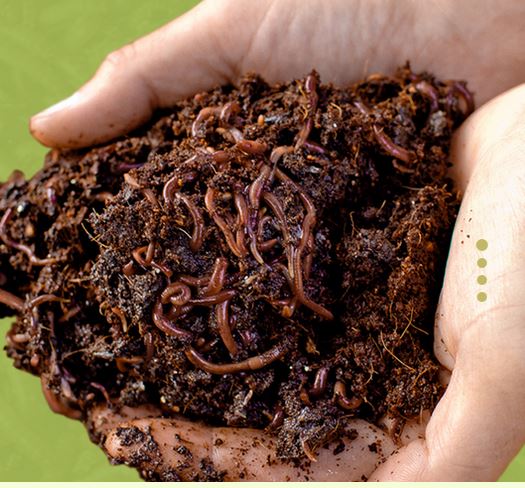Red worms: Transform waste
Red worms: Transform waste
Blog Article
Why Red Wigglers Are Vital for Organic Farming
Red wigglers play a critical role in chemical-free farming, mostly with their unique ability to decompose organic materials and enhance dirt wellness. Their activity not only enriches the soil with important nutrients but additionally cultivates a growing community important for sustainable agriculture. The physical processes they engage in, such as aeration and moisture retention, add dramatically to enhanced crop returns. The extent of their influence on farming methods and dirt biology elevates intriguing inquiries concerning the future of organic farming. red wigglers. What implications might this have for farming techniques?
Function of Red Wigglers in Dirt Health

Furthermore, red wigglers improve soil framework by creating channels as they delve. These networks boost oygenation and water infiltration, advertising a healthier origin atmosphere. Their activity additionally aids in maintaining optimal wetness levels, which is essential for healthy plant development.

Advantages of Worm Spreadings
Worm castings, the nutrient-rich excrement produced by red wigglers, work as an effective amendment for organic farming. These spreadings are teeming with important nutrients such as nitrogen, phosphorus, and potassium, which are essential for plant growth. Unlike artificial plant foods, worm spreadings launch nutrients gradually, offering a constant supply in time and minimizing the danger of nutrient leaching and drainage.
Additionally, worm spreadings boost dirt framework and aeration, advertising healthier root systems. Their high natural matter material boosts wetness retention, making it possible for plants to better endure dry spell conditions. Additionally, worm castings have beneficial bacteria that support plant health and wellness by reducing microorganisms and improving nutrition uptake.
The application of worm spreadings can result in raised crop yields and boosted high quality of produce, making them an important source for natural farmers. Their use additionally aligns with sustainable farming practices, contributing to soil fertility without the unfavorable ecological influences associated with chemical plant foods. On the whole, the incorporation of worm spreadings into farming practices promotes an extra resilient and effective community, highlighting the significance of red wigglers in chemical-free farming systems.

Enhancing Nutrient Cycling
(red worms for composting)Vitamins and mineral cycling is a vital process in organic farming, and the combination of red wigglers plays a pivotal role in boosting this cycle. These earthworms add considerably to the malfunction of natural issue, promoting the transformation of intricate natural products into simpler, extra easily accessible nutrients for plants. As red wigglers eat decomposing organic matter, they excrete nutrient-rich spreadings, which are brimming with useful microorganisms. This microbial activity further help in the disintegration process, guaranteeing that essential nutrients are easily available for plant uptake.
Furthermore, red wigglers help to speed up the mineralization of nutrients, transforming them from inert kinds into bioavailable link forms that plants can absorb. This process is vital for keeping soil fertility and promoting healthy plant growth. The existence of red wigglers additionally encourages a diverse soil environment, fostering a balance of nutrients that sustains various plant species.
Improving Dirt Structure
The enhancement of soil structure is crucial for promoting a healthy and balanced farming ecological community, and the task of red wigglers dramatically contributes to this improvement. These earthworms play a crucial duty in freshening the soil and producing a network of channels that promote water infiltration and root penetration. As they delve via the soil, red wigglers break up compacted layers, permitting better oxygen exchange and advertising microbial task.
Additionally, the raw material created from their waste, referred to as vermicast, enhances soil aggregation. This process creates stable globs of dirt bits, boosting dirt porosity and decreasing disintegration (red wigglers). The visibility of red wigglers additionally urges the advancement of helpful fungal networks, which are critical for nutrient uptake by plants
Encouraging Lasting Practices
Incorporating red wigglers right into organic farming techniques not only boosts dirt health however likewise promotes lasting farming methods. These earthworms play a vital role in nutrient biking, changing natural waste into important compost that enhances the soil. By utilizing red wigglers, farmers can efficiently reduce dependence on synthetic plant foods, thus decreasing chemical runoff and its harmful impacts on environments.
Furthermore, the unification of red wigglers encourages the practice of recycling organic materials, such as kitchen area scraps and farm waste. This waste reduction strategy not only lowers disposal costs but also cultivates a closed-loop system where nutrients are continually gone back to the dirt (red wigglers). Such techniques are essential in mitigating climate modification, as they enhance carbon sequestration and decrease greenhouse gas emissions
Moreover, red wigglers boost water retention in the soil, which is vital in times of dry spell. Their burrowing activities produce channels that allow water to pass through deeper into the ground, hence promoting efficient water use. Eventually, incorporating red wigglers into chemical-free farming not just supports biodiversity but likewise straightens with the concepts of sustainable agriculture, using a holistic strategy to food production.
Final Thought
Finally, red wigglers play a critical role in natural farming by considerably improving dirt health and wellness and fertility. Their ability to break down organic matter and create nutrient-rich spreadings cultivates a successful microbial neighborhood, which is essential for vitamins and mineral biking. In addition, the delving tasks of these worms enhance soil framework and oygenation, promoting far better water infiltration and origin growth. Thus, the assimilation of red wigglers into agricultural techniques is vital for advertising sustainability and improving total soil high quality.
Report this page